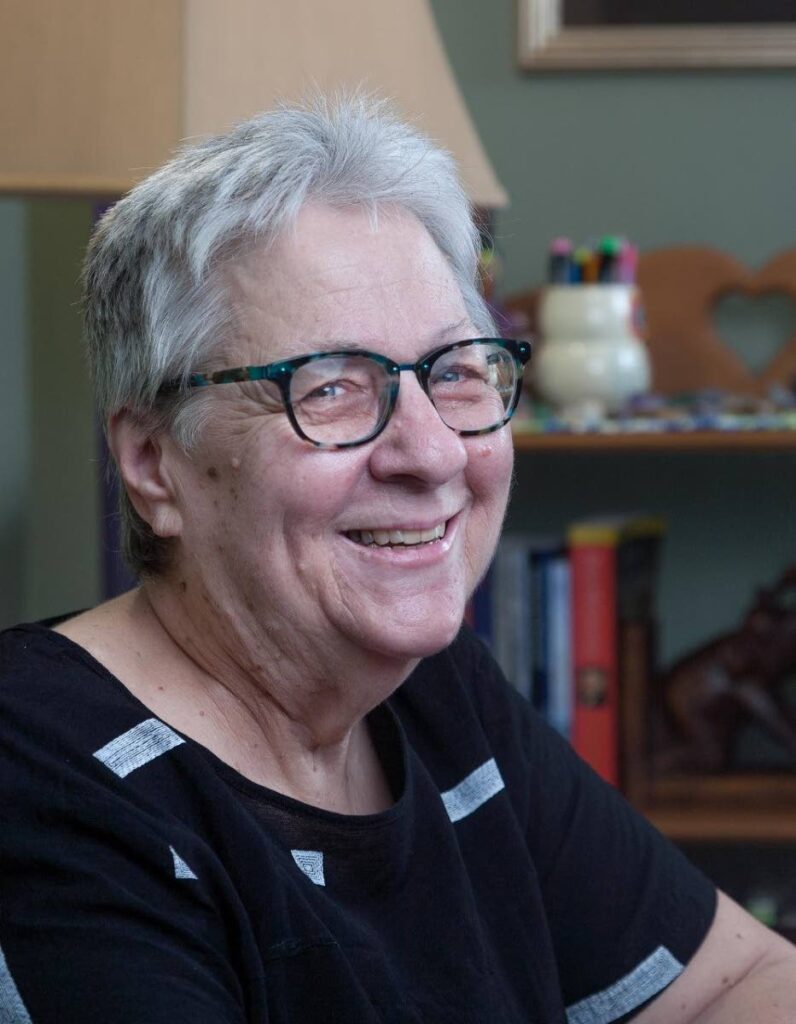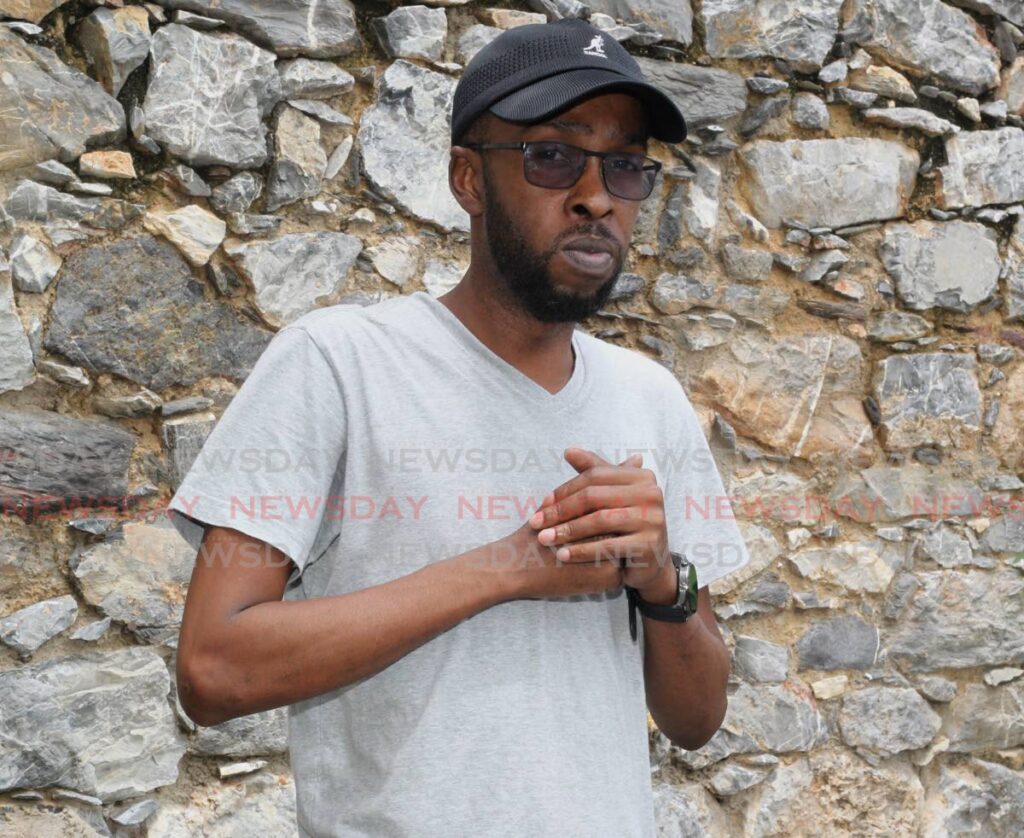Newsday columnist, prison reform activist: 'My memories of Akili Charles'

NEWSDAY columnist and prison reform activist Debbie Jacob interviewed Akili Charles last Thursday on the landmark court ruling that people charged with murder have the right to apply for bail. It was his case against the State which paved the way for this historic ruling.
On Saturday night, he was shot dead outside his home in Diego Martin. Jacob recalls her memories of Akili Charles during his stint in prison.
IN PRISON, Akili Charles found a sense of purpose by standing up for human rights he felt everyone in this country deserved.
Last Thursday, when he learned the Privy Council had upheld the case arguing for bail for some murder accused that he had spearheaded with Senior Counsel Anand Ramlogan, Charles expressed hope rather than celebrating victory, with his usual calm demeanour.
“It might not make the courts hear cases faster,” he said, “but I believe if police are held accountable, they might do a better job of investigating crime before they charge people.
“I spent nine years waiting to get out of prison after I was charged for murder. I’m hoping what happened to me won’t happen so easily to others. I know there are a lot of people in prison who are innocent. They are in my position.”
Charles took my CXC English and Caribbean history class, along with a PVC furniture-making class in Port of Spain Prison. Always reticent and soft-spoken, he sat in a corner in the back of the classroom.
When we worked on one of our class projects, a soap opera about life in prison, he did not choose a part or write any lines.
In that boisterous class, he sat silently listening and calmly interjecting invaluable editing advice whenever the need arose. He kept track of every character’s lines and would say, “That character can’t say this now, because three weeks ago, he had an opposite opinion.”
Charles had a knack for inventing roles that made the class gel. He became a voracious reader and team leader.
As his social conscience grew, he explored more Caribbean history. He never missed a class.
One Tuesday, a police officer I know called and warned me to be careful in my class that evening because an inmate of the prison had got on bad in court and caused a near riot.
When I got to class, students gleefully informed me Akili had spoken up for everyone in the prison when Chief Magistrate Maria Busby Earle-Caddle said she would be restarting Marcia Ayers-Caesar’s matters because Ayers-Caesar had received a High Court appointment.
Charles’s act of defiance brought attention to the long delays in all the court matters Ayers-Caesar had pending.

Charles participated in the first prison debate held by my English class in the PoS Prison. He honed his research skills and helped to create a cohesive team by structuring arguments against corporal punishment being used by parents.
The debate sparked interest among other prisoners. They formed a team to challenge my English class. Charles’s work was instrumental in laying the foundation for the Wishing for Wings/Prison debate teams in all ten of this country’s prisons, and he kept the PoS Prison always in the running.
Meanwhile, Charles continued to use the law to agitate for prison reform. He fought against unfair treatment and excessive force against inmates. Finally, he took on the long delay for court cases through the bail-for-murder-accused constitutional motion.
I will always remember Akili Charles as a supportive young man who made the most of every opportunity he had in prison programmes. He possessed a brilliant mind, a keen sense of community spirit and was a fearless advocate for social justice.
“I never believed anyone was above or below me. I believe in equality,” he said.
Last Thursday, Charles said, “Prisons opened up my eyes.
“You don’t understand the consequences of hanging out with certain crowds until you get your freedom taken away from you – just because someone said they saw you commit a crime.
“Prison makes you think a lot. It wasn’t a good situation, but it wasn’t something to forget, either.”
In that raucous environment filled with anger, hate. disappointment, depression and rejection, Charles, a devout Buddhist, remained upbeat and resolute.
Nothing was more important to him than his daughter, people’s legal rights and his sense of community. He told me he always felt proud to be from Covigne Road, Diego Martin.
On Saturday night, he was shot dead near his home.

Comments
"Newsday columnist, prison reform activist: ‘My memories of Akili Charles’"